The flavor and taste of the three major coffee producing areas in Pu'er, Lincang, Baoshan, Yunnan Province, which is the best producing area of Yunnan small-grain coffee?
Professional coffee knowledge exchange more coffee bean information please follow the coffee workshop (Wechat official account cafe_style)
For more boutique coffee beans, please add private Qianjie coffee on Wechat. WeChat account: qjcoffeex
The quality of coffee depends on many factors, such as growing environment, climate, cultivation and management techniques and so on. Its best growing environment is low latitude, high altitude, sufficient rainfall and suitable sunshine, so it is an ideal growing zone for coffee between the Tropic of Cancer (between 28 degrees north latitude and 38 degrees south latitude).
In China, Yunnan, Guangxi, Guangdong, Taiwan and parts of Hainan all have places suitable for coffee growth, but only Yunnan and Taiwan have to meet the high altitude environment. High-quality Yunnan coffee is usually planted at an altitude of 1200-1600m, with dry and hot valleys, because only the temperature difference between day and night formed at high altitude can slow down the growth and maturity of coffee and form more delicate coffee flavor.
Through the test and comparison of Qianjie coffee cups, it is found that Yunnan coffee beans grown at high elevations usually have soft acidity, nutty and caramel aromas, full-bodied and mellow.
At present, Yunnan small-grain coffee planting areas are distributed in Pu'er City, Lincang City, Baoshan City, Dehong Prefecture, Nujiang Prefecture, Xishuangbanna Prefecture, Dali Prefecture, Diqing Prefecture and other states and cities. Among them, Yunnan small-grain coffee beans produced by Baoshan, Pu'er and Lincang are the most famous.
Pu'er City
Pu'er City is divided into: Simao, Ninger, Mojiang, Jinggu, Jingdong, Zhenyuan, Jiangcheng, Lancang, Menglian, Ximeng and other 9 counties and districts to grow Yunnan small-grain coffee. The average annual temperature is between 17 and 20 degrees Celsius, and the planting altitude is between 700m and 1600m.
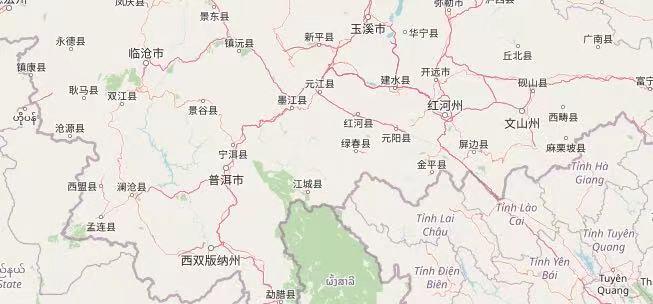
After testing the Qianjie coffee cup, it is found that the high-altitude small-grain coffee beans from Pu'er area have the acidity of plum fruit, the sweetness of caramel nuts, and have obviously fermented tea back to sweet taste.
Baoshan City
Baoshan City has: Longyang, Longling, Shidian, Changning, Tengchong and other five counties with Baoshan small grain coffee geographical indication products. Baoshan is a low-latitude mountain subtropical monsoon climate, because it is located in the low-latitude plateau, the topography is complex, forming a three-dimensional climate of "one mountain is divided into four seasons, ten miles different days".
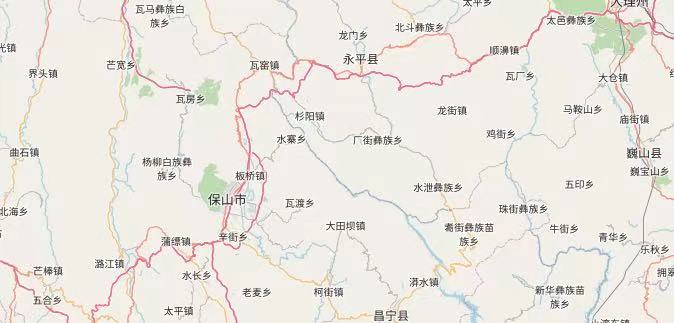
The average annual temperature difference is small, the daily temperature difference is large, the average annual temperature is 14 Mel 17 °C; the precipitation is abundant, dry and wet, the distribution is uneven, and the annual rainfall is 700mil 2100mm. Coffee is grown between 1000m and 1500m above sea level
[Lincang City]
Lincang has a unique geographical location, bordering Myanmar to the west; the climatic conditions here are very superior, with significant temperature differences between day and night, abundant rainfall and mild annual temperature, with an altitude of 1000-1600m above sea level.
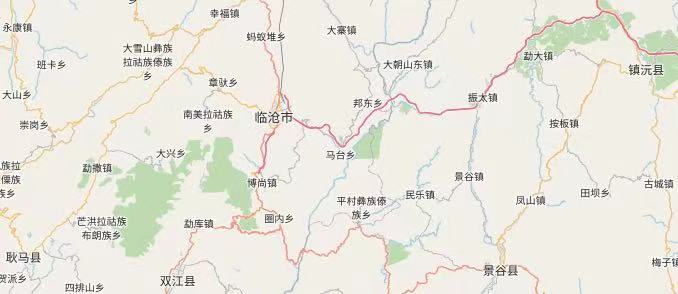
Lincang City belongs to the subtropical low-latitude plateau monsoon climate, the topography is complex, is an area of many climate types, mainly affected by the warm and humid air flow in the Indian Ocean and the southwest monsoon, the distinction of the four seasons is not obvious, but the dry and rainy season is distinct, Rain Water is more, the sunshine time is long, the annual average sunshine is more than 2000 hours, the frost period is short, and some areas are frost-free all the year round. The three-dimensional climate is obvious, and the annual average temperature in the mountain area is 13mur15 degrees Celsius.
Qianjie Coffee sees the potential of Lincang. On a mountain 1300m above sea level in this producing area, Qianjie Coffee has set up its own coffee plantation and planted the oldest Arabica variety, the iron pickup.
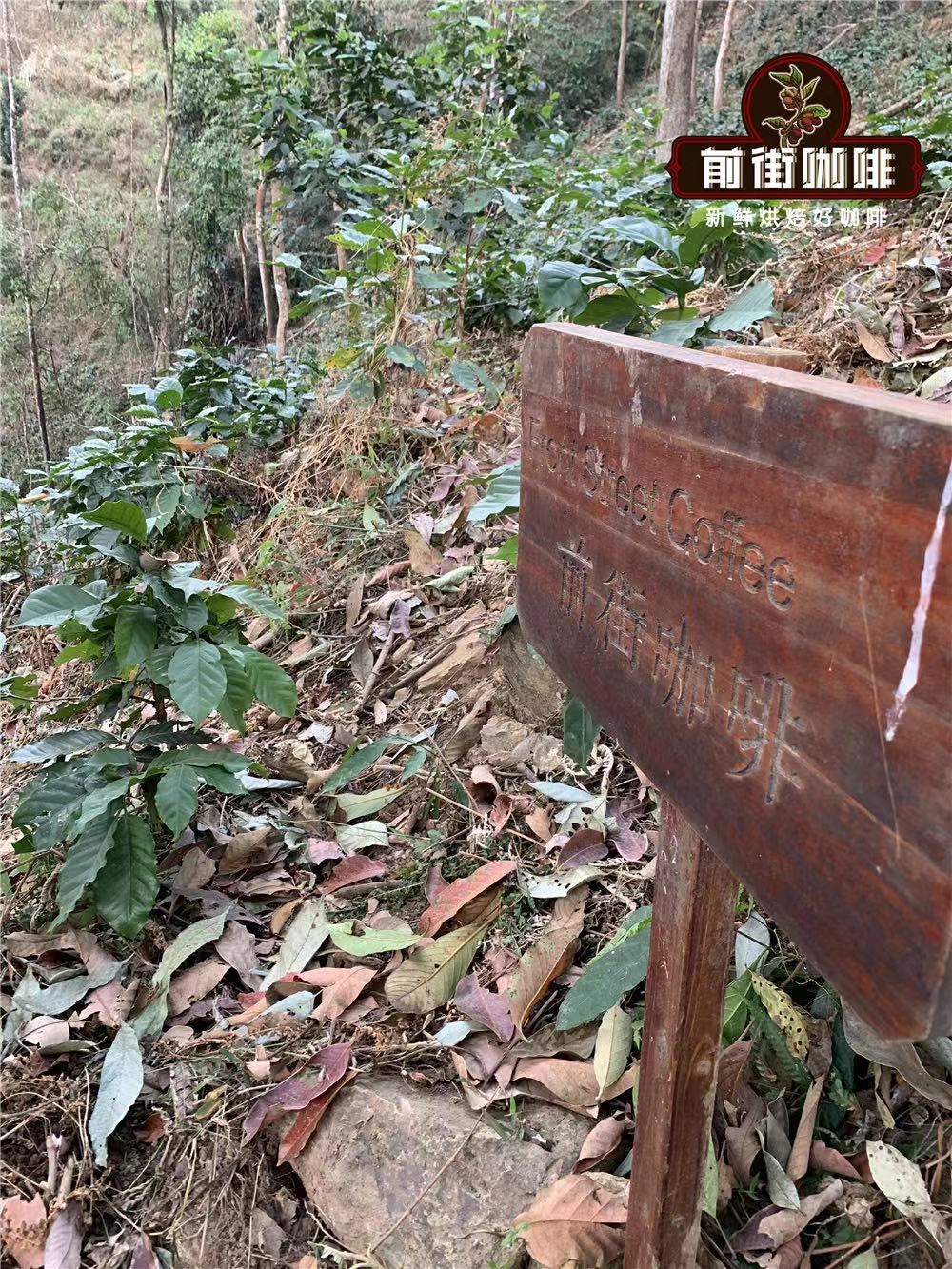
One of the reasons for choosing the iron card variety is that as one of the oldest coffee varieties, the gene of the pure Arabica variety, which has an elegant and clean flavor, has always been recognized as a boutique coffee variety.
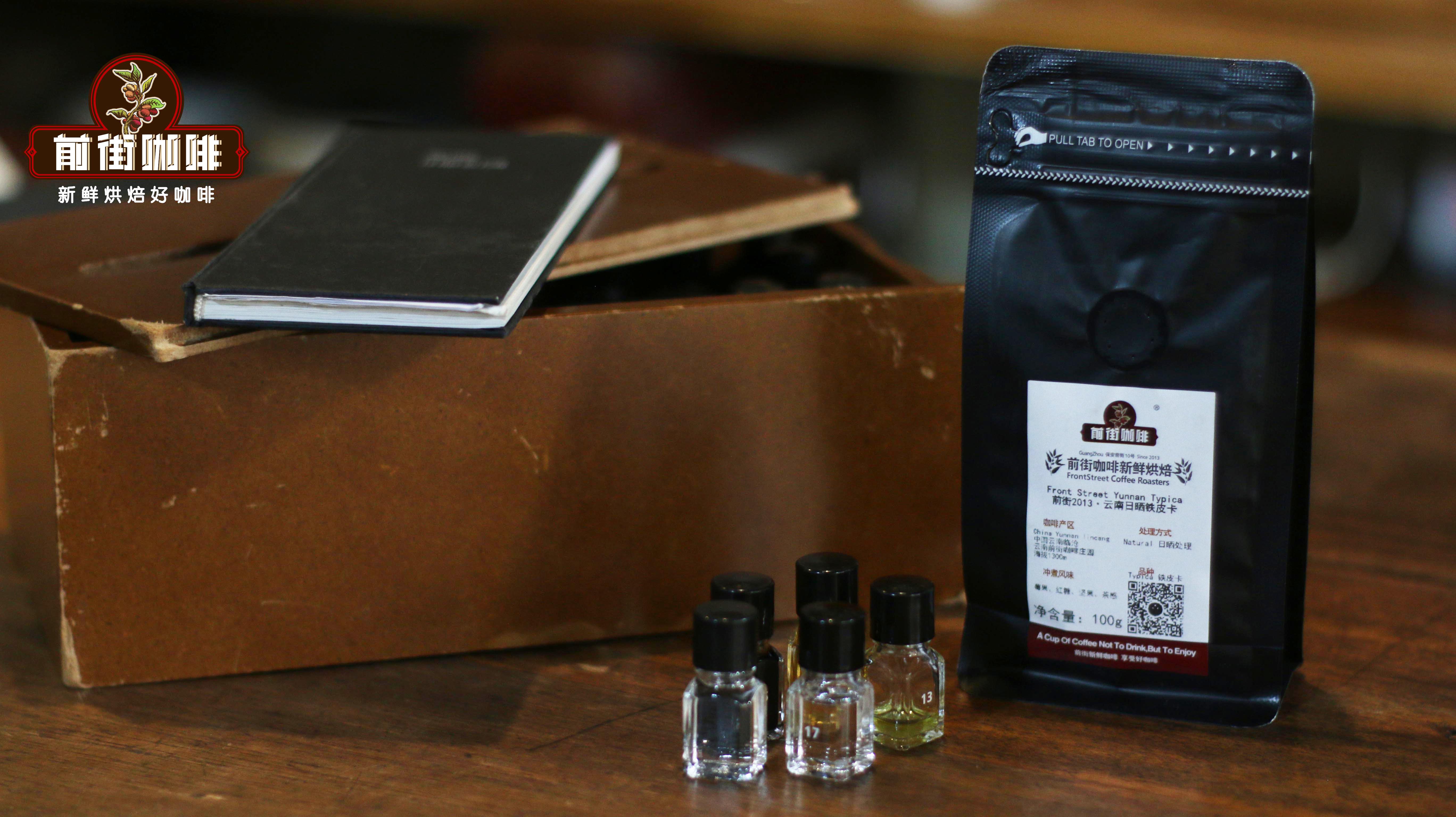
Qianjie hopes that through the change from the origin of the variety, everyone can drink Yunnan small grains of coffee beans with more flavor and better quality. At present, these home-grown Yunnan iron pickup coffee beans can be bought in Qianjie flagship stores and Qianjie coffee stores.
The Yunnan coffee currently sold in Qianjie is mainly from two coffee producing areas, Lincang and Baoshan. They respectively have their own "Qianjie 2013 Iron pickup Coffee beans", one is "selected rations beans-Yunnan Baoshan washed Katim Coffee beans", and the other is "all Red Fruit Sun-Katim Coffee beans in Baoshan Lujiangba producing area".
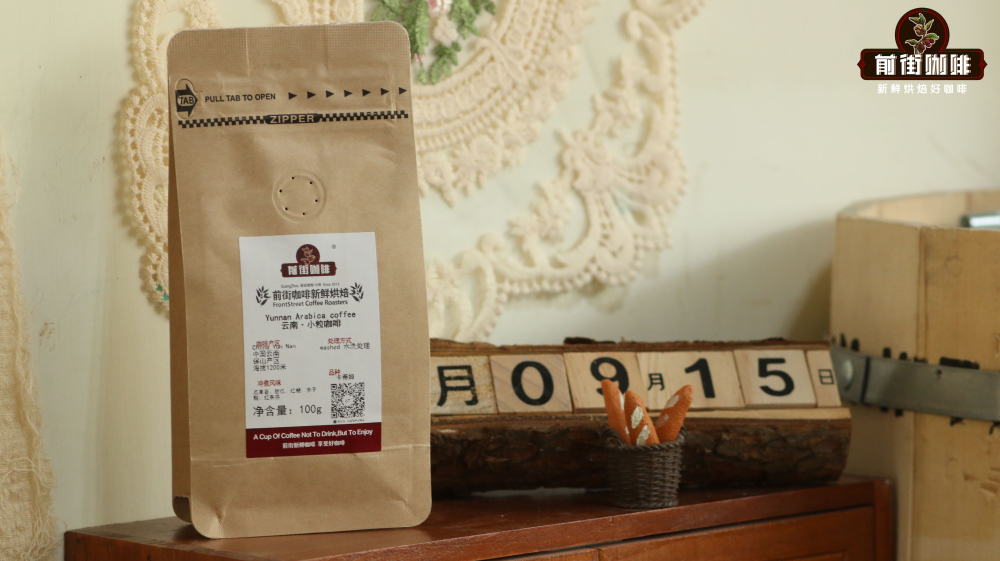
All three kinds of coffee beans can show Yunnan's unique coffee flavor-nut, caramel, plum flavor. If you want to drink the best flavor of Yunnan coffee beans, Qianjie recommends using freshly roasted coffee beans for brewing, so that you can maximize the rich flavor of coffee. Coffee beans shipped from Qianjie Coffee are sent out within 5 days after roasting.
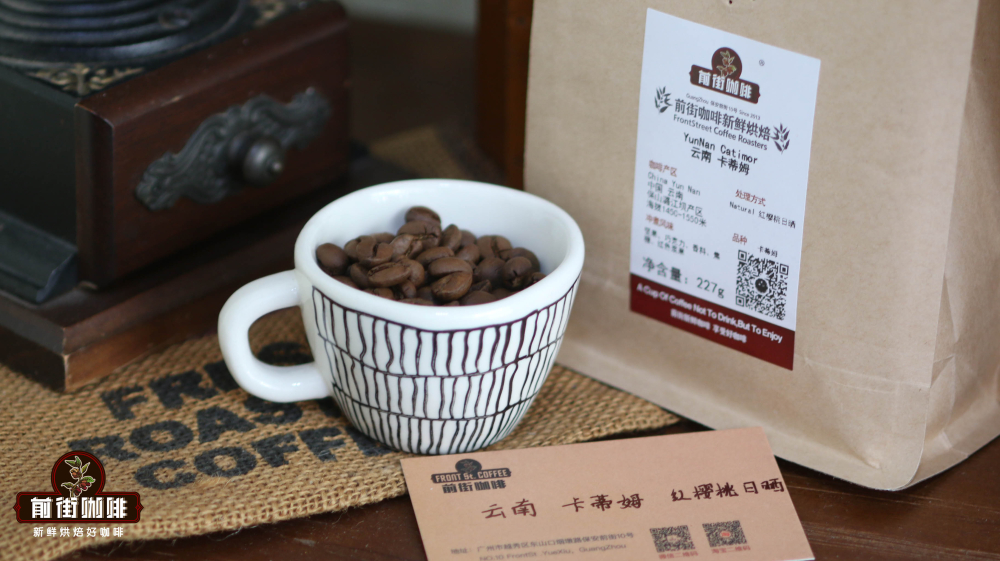
For brewing Yunnan coffee, it is recommended to use V60 filter cup, powder-water ratio at 1:15, medium grinding (about the size of coarse sugar / 75% screening rate of China 20 standard sieve), water temperature of 88-89 degrees.
Three-stage water injection technique is used to improve the level of coffee: the first water injection is 30g and steaming for 30s; the second small amount of water is injected around 125g, waiting for the powder bed water to be half and then injected, and then the small amount of water is injected around 225g. After all the drip filtration is finished, the total extraction time is about 2 minutes and 10 seconds.
Important Notice :
前街咖啡 FrontStreet Coffee has moved to new addredd:
FrontStreet Coffee Address: 315,Donghua East Road,GuangZhou
Tel:020 38364473
- Prev
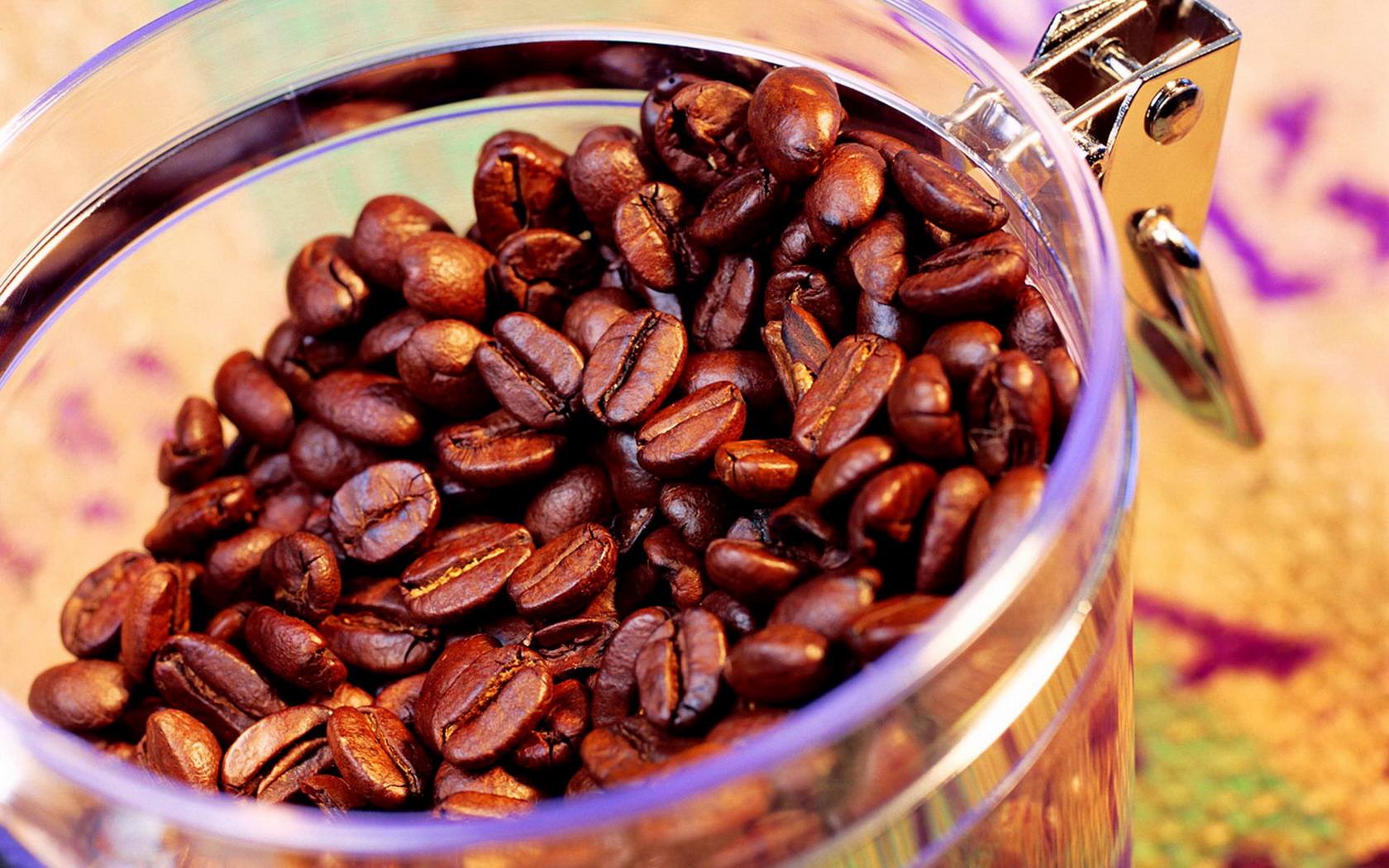
Is the efficacy of Yunnan small coffee beans good? can Yunnan boutique black coffee lose weight?
Following caf é comments (official Wechat account vdailycom) found that Yunnan small Coffee, the main producing area of Yunnan small Coffee, opened a small shop in Beautiful Cafe. Small grain coffee is suitable for growing in the mountains at an altitude of 800m to 1800m. If the elevation is too high, it will taste sour and if it is too low, it will taste bitter. Most small grains of coffee are planted at 1100 above sea level.
- Next
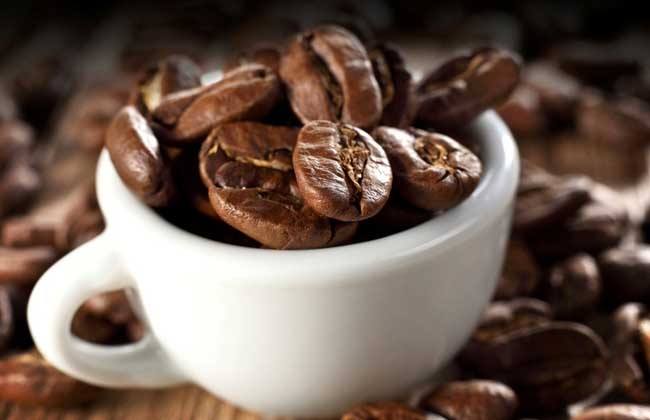
Introduction to the types of coffee in Yunnan and the quality of Yunnan small-grain coffee
Follow the caf é (official Wechat account vdailycom) and found that the beautiful cafe opened a small shop of its own. Yunnan coffee varieties are all Arabica coffee beans grown in Yunnan. The varieties were first introduced in 1892 in Zhukula area, Pingchuan Town, Binchuan County, Dali Prefecture, Yunnan Province. Arabica Bourbon and Arabica Tippica coffee beans were introduced to Kenya in 1991.
Related
- Detailed explanation of Jadeite planting Land in Panamanian Jadeite Manor introduction to the grading system of Jadeite competitive bidding, Red bid, Green bid and Rose Summer
- Story of Coffee planting in Brenka region of Costa Rica Stonehenge Manor anaerobic heavy honey treatment of flavor mouth
- What's on the barrel of Blue Mountain Coffee beans?
- Can American coffee also pull flowers? How to use hot American style to pull out a good-looking pattern?
- Can you make a cold extract with coffee beans? What is the right proportion for cold-extracted coffee formula?
- Indonesian PWN Gold Mandrine Coffee Origin Features Flavor How to Chong? Mandolin coffee is American.
- A brief introduction to the flavor characteristics of Brazilian yellow bourbon coffee beans
- What is the effect of different water quality on the flavor of cold-extracted coffee? What kind of water is best for brewing coffee?
- Why do you think of Rose Summer whenever you mention Panamanian coffee?
- Introduction to the characteristics of authentic blue mountain coffee bean producing areas? What is the CIB Coffee Authority in Jamaica?

